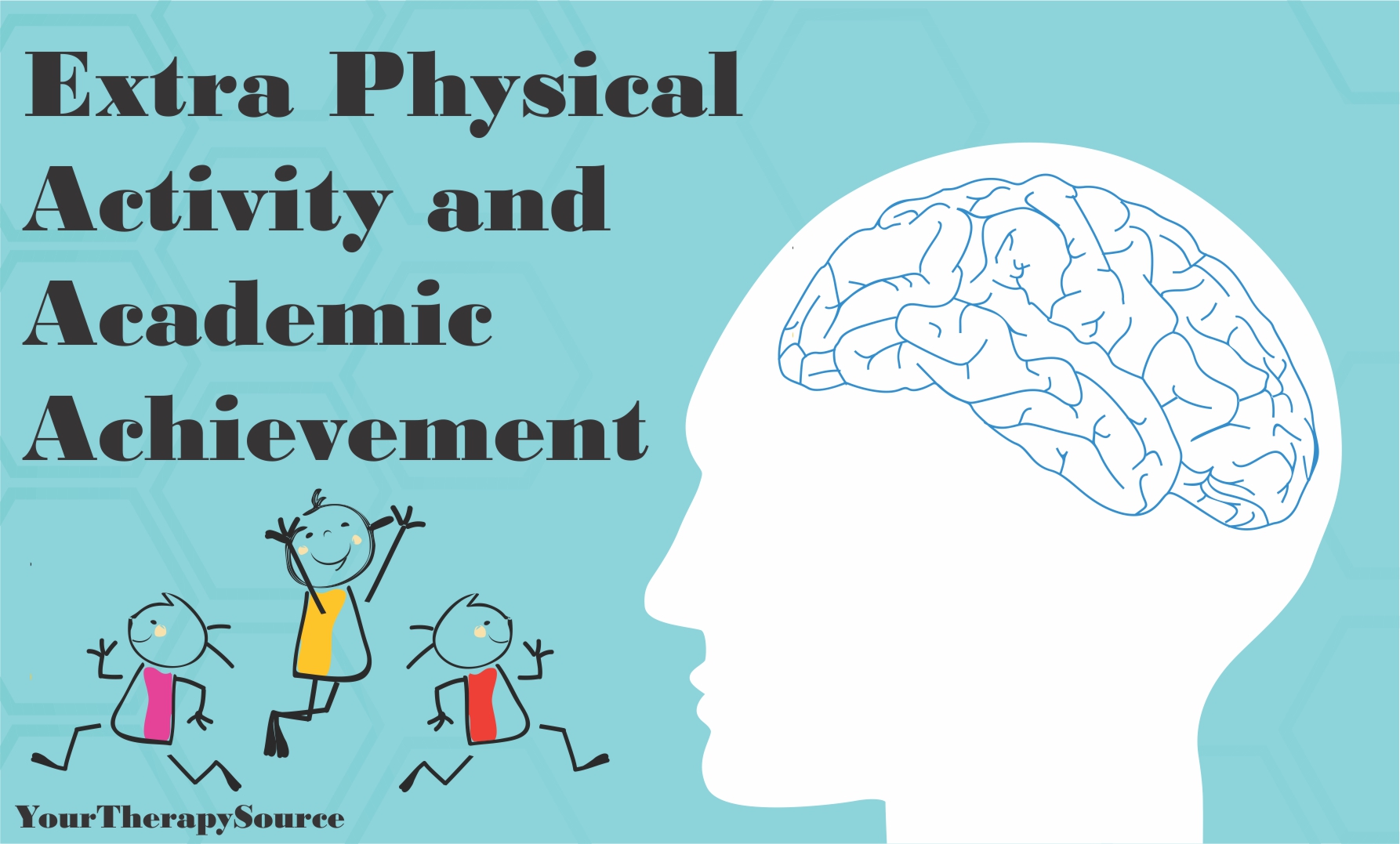Tai Chi for Beginners Young and Old
Do you want to learn all about Tai Chi for beginners? Tai Chi focuses on specific postures which work to enhance energy flow throughout the body. It releases stress both in the mind and throughout the body and helps to improve the smoothness and flexibility within the joints. All ages can benefit from the practice […]






